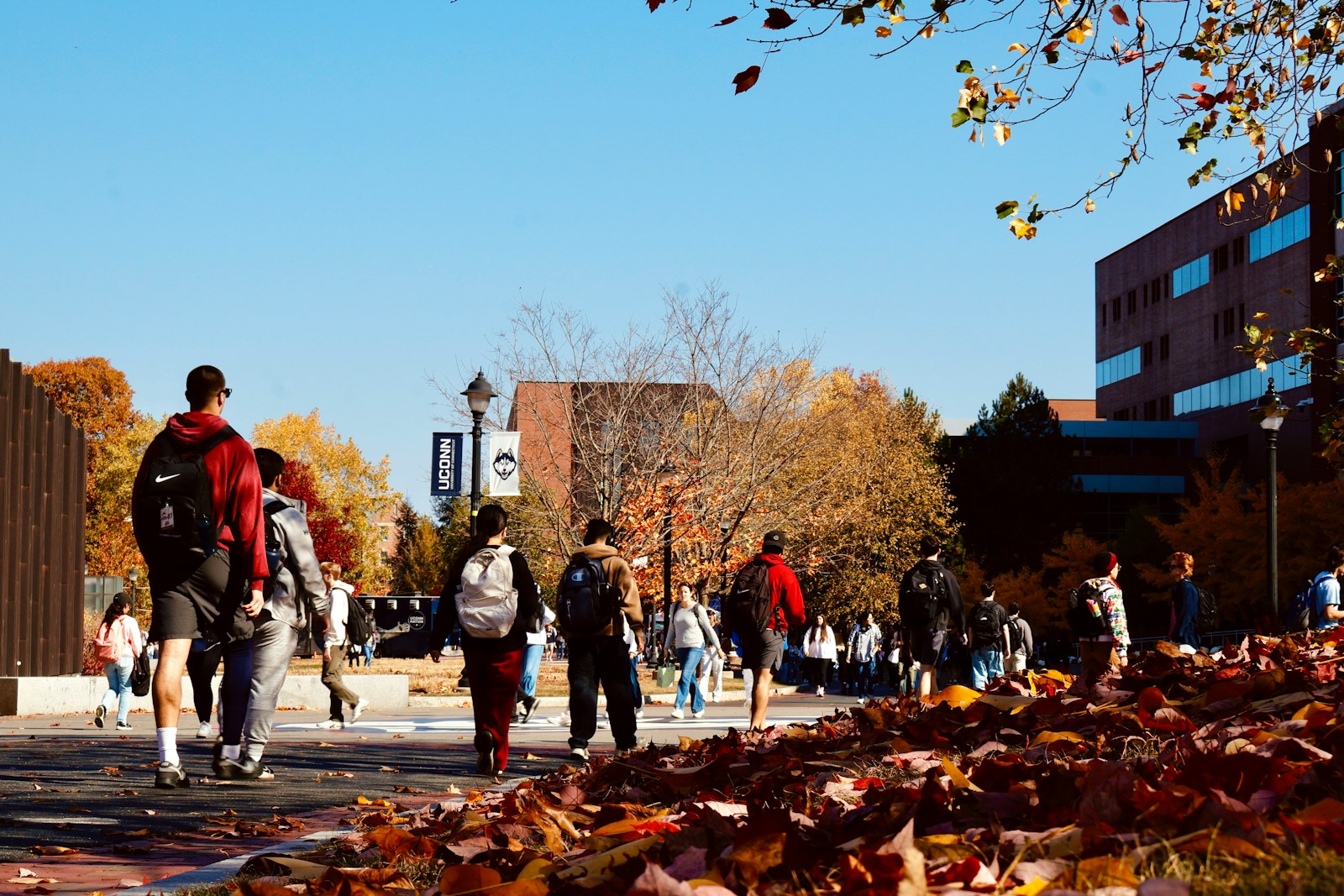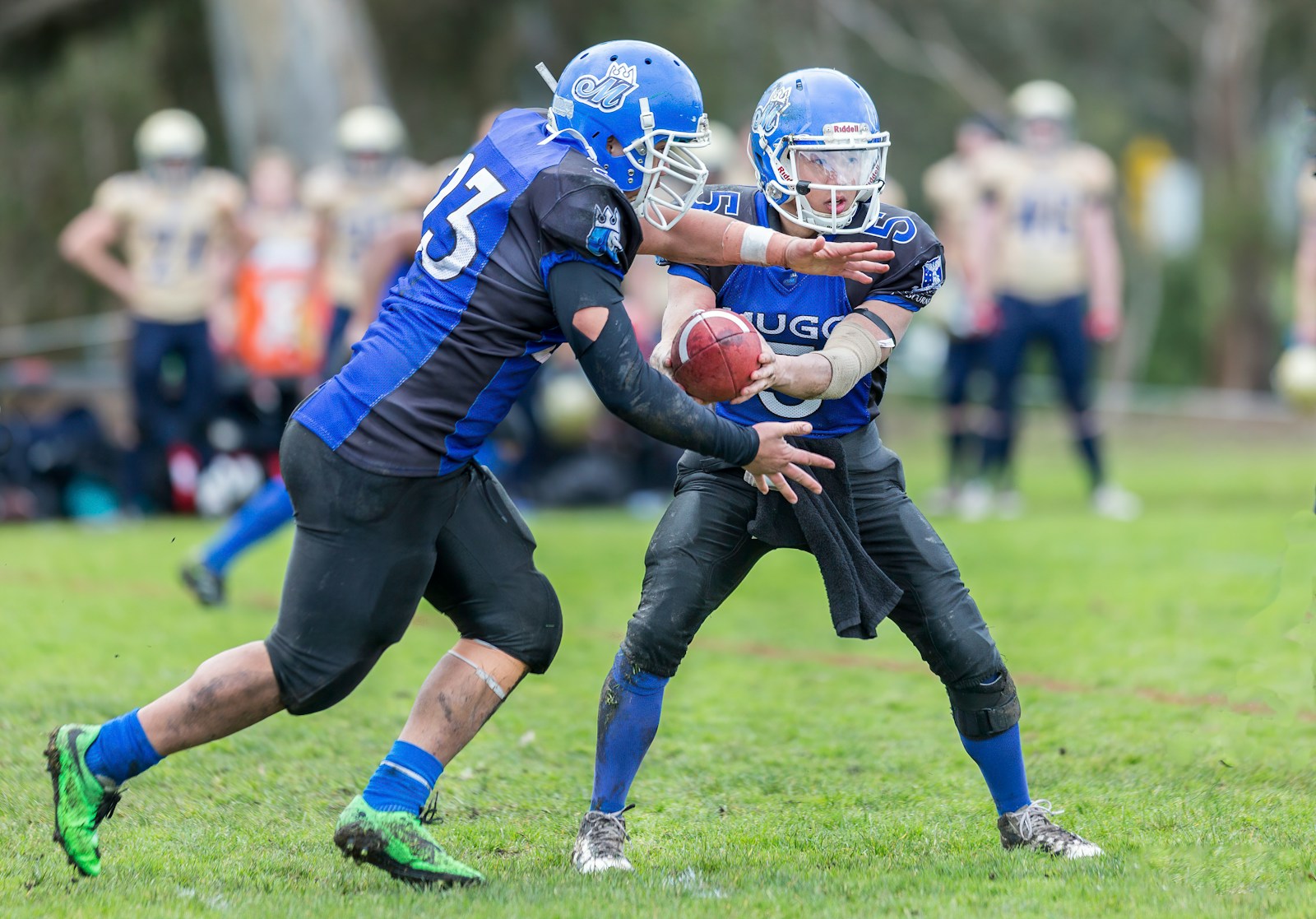As college students, it’s no secret that we struggle to get a good night’s sleep. Countless studies have shown the negative impact of sleep deprivation on physical and mental health, reducing our ability to focus, concentrate and be productive. Unfortunately, university life can often lead to terrible sleeping habits and unhealthy cycles of sleep deprivation. Here are eleven common reasons college students suffer from poor-quality sleep.

Inadequate Sleep Environment
Making sure you have a comfortable mattress, pillow, and blankets from hushblankets.com is vital for getting good quality sleep every night! An uncomfortable bed won’t do you any favors, so making sure you invest in good quality bedding is a must!
Stress & Anxiety
Many college students experience high levels of stress due to workloads and expectations. This leads to difficulty winding down at night, preventing a peaceful sleep cycle. Additionally, anxiety disorders can make it difficult for students to relax and fall asleep naturally.
High Caffeine Consumption
Caffeine is a stimulant that can stay in your system for up to 12 hours after consumption. A cup or two of coffee or tea throughout the day can help boost energy levels and concentration during lectures but quickly become an addiction that affects your ability to fall asleep at night.
Late-Night Eating
Eating late at night is linked to disturbed sleep patterns as your body struggles to digest food while trying to rest and recover from the day ahead. Furthermore, foods high in sugar or fat consumption can also cause further disruption in your sleeping pattern.
Poor Nutrition
Eating processed foods high in sugar or fat can interfere with your body’s ability to produce melatonin – a hormone responsible for regulating your circadian rhythm – leading to an inability for your body and mind properly relax and get ready for bed each night.
Electronic Devices
The blue light emitted from electronic devices such as phones and laptops inhibit the production of melatonin – an essential hormone for regulating natural sleeping cycles – leading to difficulty falling asleep even when you feel tired. Using devices before bed should be avoided if possible!
Socializing Late at Night
We all, as students, need to socialize with friends, but spending too much time talking late into the night can disrupt our circadian rhythms causing poor quality of sleep when we eventually hit the sack!
Lack of Exercise
Exercise has been proven time and time again as one of the best ways to improve overall health, including better quality sleep cycles! However, many college students opt out of exercise due to a lack of time or energy, which inevitably leads to disrupted sleeping patterns over time!
Unrealistic Scheduling
Scheduling unrealistic amounts of work throughout the day can lead to overworking yourself late into the night and a lack of motivation to finish what you started. This means you’re far more likely to stay up later than you should and wake up exhausted due to a lack of sleep!
Alcohol
Unfortunately, drinking alcohol is all too common among college students who use it to relax or socialize with friends; however, excessive drinking can lead to dehydration which is one of the leading causes of insomnia in young adults.
Drug Use
In addition to alcohol consumption, drug use (both legal and illegal) is also quite common among college students. It can lead to physical and mental issues, including difficulty sleeping at night due to its disruptive effects on the body’s natural rhythms and hormones.
Conclusion
All these factors contribute to why college students are struggling with their sleep cycles each day; however, there are steps that we can take towards creating better habits, such as avoiding electronics before bedtime, exercising regularly, and getting enough restful sleep each night! By following these tips, we can improve our overall health significantly in no time! Don’t forget to bring the Hush blankets for better sleep. Get some restful shut-eye tonight!


